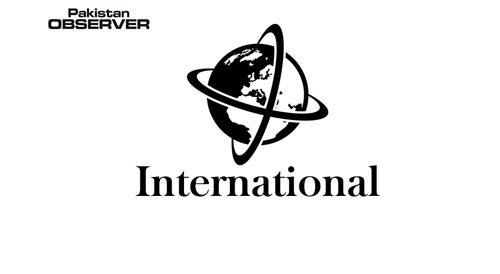Beirut
In a world gripped by a pandemic, global unrest and a fast-moving news cycle, it can be difficult to remember that the war in Syria is still happening. Even before the coronavirus outbreak took over daily lives around the globe, the conflict, which began in early 2011, had largely fallen off the world’s collective radars — reduced to a never-ending fight involving an ever-more complex web of players and refugees that few remember once lived in a country they called home. Russian, Syrian and others gather next to an American military convoy stuck in the village of Khirbet Ammu, east of Qamishli city, Syria.
But as it enters its tenth year, the war — which gave rise to the Islamic State group and triggered the worst humanitarian catastrophe of the 21st century — has shown it is still creating new tragedies that can have an outsized impact on global politics. Earlier this month, Turkish and Syrian troops were clashing in Syria’s northwest. That brought NATO-member Turkey and Russia, which back opposing sides of the war, to the brink of direct confrontation, and produced an unprecedented wave of displaced people. Arguing that it faces a potential new influx of refugees from Syria, Turkey announced it would no longer stop its vast migrant and refugee population from illegally entering Greece, touching off a new crisis for the European Union. —AFP










